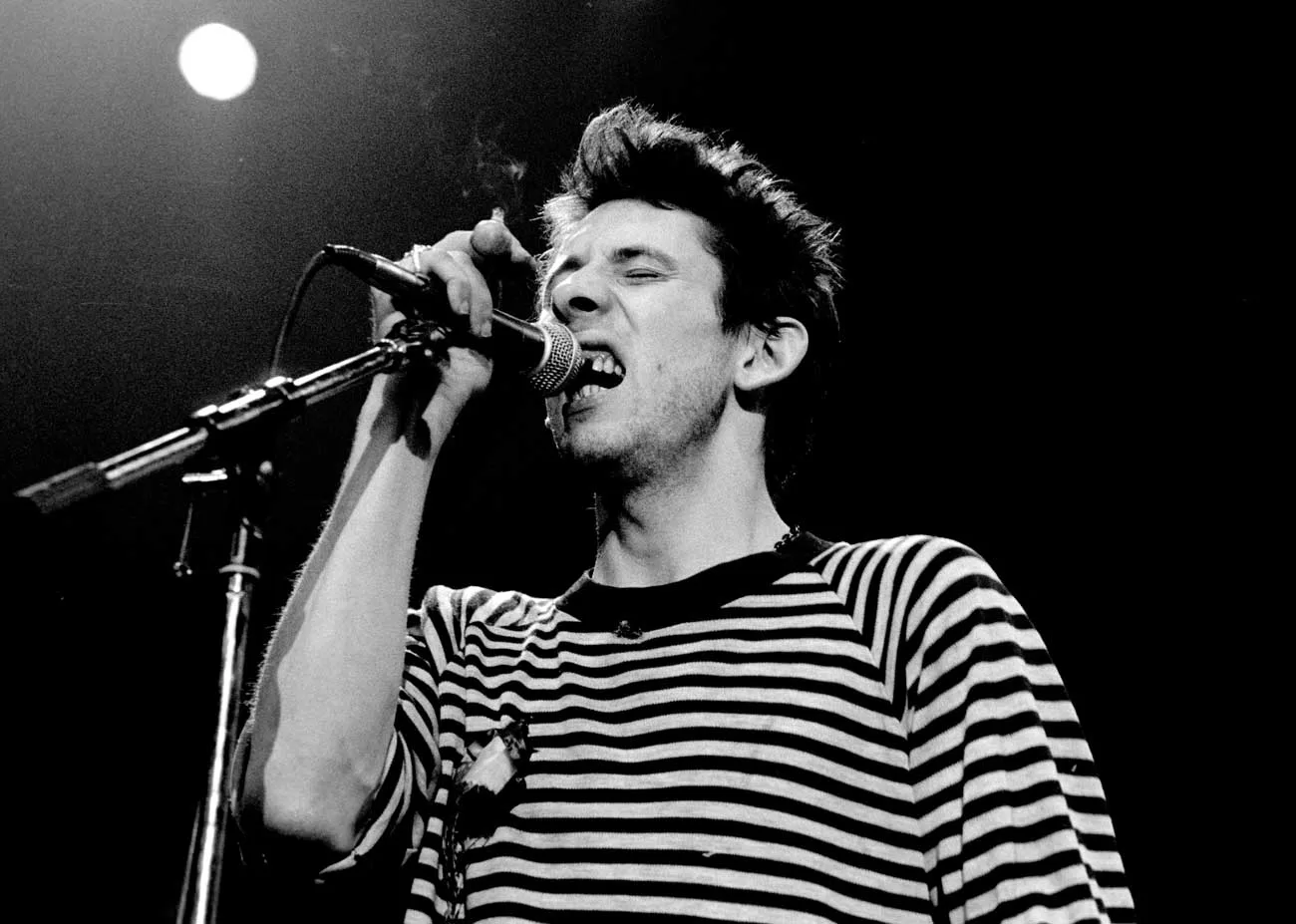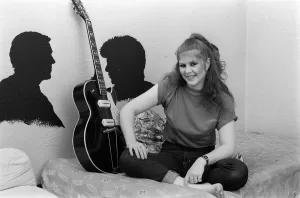
The Pogues were a Celtic punk band from London, formed in 1982 and fronted by Shane MacGowan. They combined punk influences with traditional Irish instruments and songs, creating a unique and influential sound that appealed to both rock and folk fans. In this blog post, we will explore their origins, achievements, and legacy.
Origins
The Pogues were founded by Shane MacGowan, Spider Stacy, Jem Finer, and James Fearnley, who met at a pub in King’s Cross, London, in 19821. They were inspired by the punk rock scene, as well as by Irish folk music and culture. They initially called themselves Pogue Mahone, which is an anglicisation of the Irish phrase póg mo thóin, meaning “kiss my arse”2. They started playing in London pubs and clubs, and soon gained a reputation for their energetic and raucous live shows. They also attracted controversy for their name, which was considered offensive by some Irish speakers and the BBC3. In 1984, they shortened their name to the Pogues, and signed with Stiff Records. They also added Cait O’Riordan, Andrew Ranken, and Philip Chevron to their lineup.
Achievements
The Pogues released their debut album, Red Roses for Me, in 1984, which featured a mix of original songs by MacGowan and traditional Irish tunes. The album received critical acclaim and commercial success, especially in the UK and Ireland. It also included the song “Dark Streets of London”, which was used in the film Sid and Nancy (1986)4. The Pogues’ second album, Rum Sodomy & the Lash, was released in 1985, and was produced by Elvis Costello, who later married O’Riordan. The album was a masterpiece of Celtic punk, blending MacGowan’s poetic and witty lyrics with the band’s musical skills and diverse influences. It included songs such as “A Pair of Brown Eyes”, “The Sick Bed of Cúchulainn”, and “The Band Played Waltzing Matilda”. The album was a huge hit, reaching the top 20 in the UK and the US, and earning rave reviews from critics and fans5.
The Pogues continued to release successful albums and singles throughout the late 1980s and early 1990s, such as If I Should Fall from Grace with God (1988), Peace and Love (1989), Hell’s Ditch (1990), and Waiting for Herb (1993). They also collaborated with other artists, such as the Dubliners, Kirsty MacColl, Joe Strummer, and Nick Cave. Some of their most famous songs from this period are “The Irish Rover”, “Fairytale of New York”, “Fiesta”, and “Rainy Night in Soho”. The Pogues also toured extensively around the world, playing in venues and festivals such as the Royal Albert Hall, Glastonbury, and the Great Wall of China6.
However, the Pogues also faced some challenges and difficulties, mainly due to MacGowan’s alcohol and drug problems, which affected his health, performance, and relationship with the band. He was fired from the band in 1991, and was replaced by Joe Strummer, the former lead singer of the Clash. The Pogues released one more album, Pogue Mahone, in 1996, before disbanding later that year7.
Legacy
The Pogues left a lasting impact on the music scene and culture, both in Ireland and abroad. They are widely regarded as one of the most influential and original bands of their genre, and have inspired many artists, such as Dropkick Murphys, Flogging Molly, The Corrs, and Ed Sheeran. They are also celebrated for their contribution to Irish identity and heritage, and for their role in reviving and modernizing Irish folk music. They have received numerous awards and honors, such as the Ivor Novello Award, the Meteor Music Award, and the Lifetime Achievement Award from the BBC Radio 2 Folk Awards.
The Pogues reunited several times for live performances and tours, starting from 2001. They also released a box set, a documentary, and a biography. MacGowan also pursued a solo career, forming the band Shane MacGowan and the Popes, and collaborating with various artists. He died in 2023, at the age of 65, after a long battle with illness. The Pogues’ music remains popular and timeless, as their songs are often played on radio stations, TV shows, and movies. Their fans also continue to celebrate their legacy and spirit, especially during St. Patrick’s Day and Christmas.


